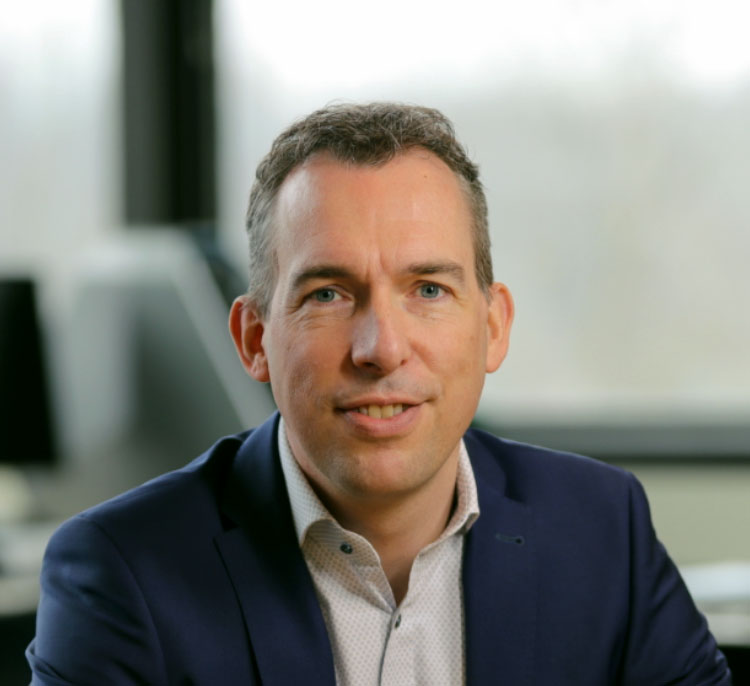
The importance of organisational innovation and learning

As highlighted in an earlier blog, a McKinsey Global Innovation Survey show that while 84% of executives deem innovation as critical for success fewer than 6% of them are satisfied with their organizations innovation performance. For many, there is often a strong will and attempt to be an innovative organisation, but the execution is often misguided without a strategy and presents as a serious challenge.
Building a culture based around innovation and creativity is key to increasing innovation and getting out of a repetitive rut that so many organizations find themselves in after maturing a product and repeating a proven product recipe or method.
Collaboration and breaking organizational boundaries
Internal innovation and design within the vacuum of an organization or specific teams’ walls is rarely as effective or efficient as embracing open innovation and external collaborations. The philosophies of open innovation and collaboration are beginning to see widespread adoption. Firms of all sizes are realizing that opening and working with suppliers, customers, research institutes and the wider online community can result in a better value proposition than traditional closed wall internal practices, where everything is done in a vacuum. Collaboration can be key to unlocking a company’s innovation potential. One of the most efficient ways for a firm that is looking to break away from their traditional ways of doing things, is to engage and collaborate with an innovation research center.
Key innovation staff and scalable innovation strategies
For a company looking at seeding an innovation culture within, a great strategy is to start small and focused. Instead of buying into the newest equipment and tools straight away, companies should consider hiring or developing a few key staff who have the knowledge, attitudes and toolkits available to find opportunity. This key team can help lead innovative initiatives and improvements across projects and the wider ecosystem of the firm. Having these key team players with an innovation growth mindset is vital, as well as being able to develop innovation strategies that work towards continuous improvement that diffuses through the company culture.
Nurturing a culture of innovation
Breaking away from the traditional methods of doing business and trying new ideas, methods and business models is not something that every member of staff will be comfortable with. Especially so at the early stages of growing a culture of innovation.
Many are happy and comfortable with the tried and tested habits of the past. When trying to develop an internal culture that embraces innovation, it is critical that all executive members of staff are fully supportive of any innovation program. Focus should also be put on hiring people with an innovative mindset for any future staff onboarding, regardless of position.
Staff of all levels must also be nurtured into cultivating a culture of innovation. This is where the above key innovation staff can be a valuable asset to seed and grow the mindset of others into doing things in a new way, from the smallest of tasks to the more ambitious projects. An example of a great way an innovation team can be inclusive to nurture this environment is to lead simple idea sharing and design-based activities. When inviting all levels of relevant staff to patriciate in these activities, it offers a way to both get a deep insight into internal and existing operations (and the existing problems and opportunities the company holds) while being open to ideas from members of staff who may not always have the best opportunities to provide input.
